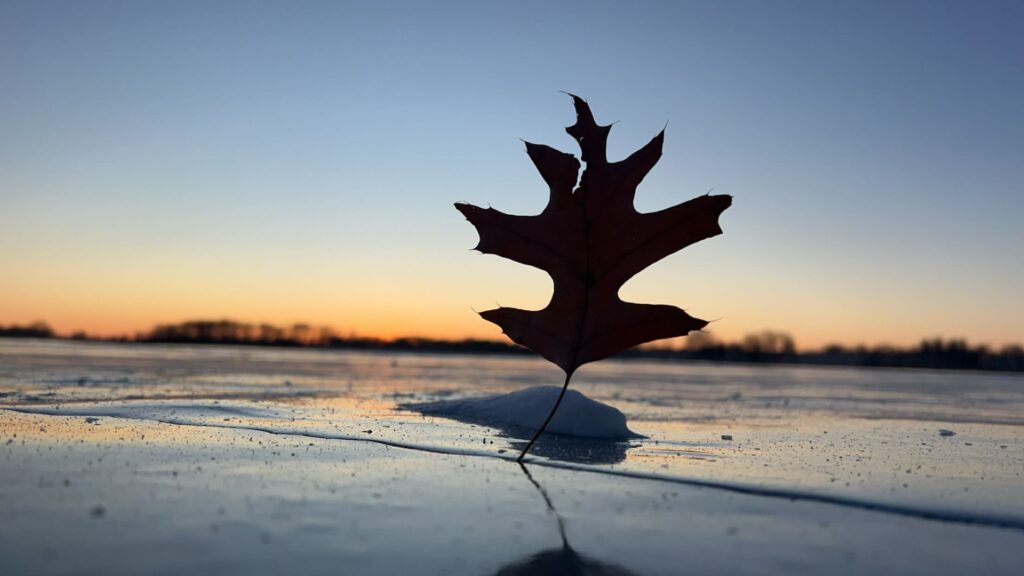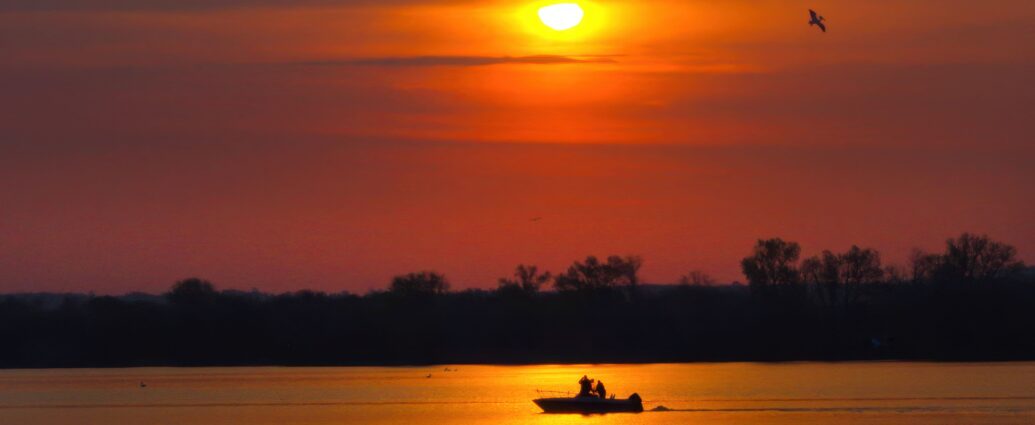FOR IMMEDIATE RELEASE
September 10, 2025
Audit Confirms DNR’s Accountable Spending; WiWF Calls for Unity and Solutions
Poynette, Wis — The nonpartisan Legislative Audit Bureau (Report 25‑15) confirms Wisconsin DNR is managing the Fish and Wildlife Account dollars responsibly and within legislative parameters: the department spent $126.2 million in Fiscal Year 2023–24. Revenues grew to $140.9 million over five years—yet the account would have been roughly $10 million short annually without a one‑time $25 million transfer from the Forestry Account. The Fish and Wildlife account is funded primarily by license fees paid by hunters, anglers, and trappers to support maintaining wildlife habitat and biodiversity, fish and wildlife surveys, conducting research, and hiring personnel to do the work on our public lands.
How Funds Are Spent
The audit classified spending into four categories:
- Primarily benefited hunters and anglers: $46.3M (49.8%)
- Benefited hunters, anglers, and other users: $36.7M (39.5%)
- Did not directly benefit hunters and anglers: $0.3M (0.3%)
- Administrative costs: $9.6M (10.3%)
The breakdown underscores that most funds continue to directly support hunters and anglers, while also benefiting broader outdoor users where possible. Wisconsin’s hunters, anglers, and trappers have long understood and have great pride that their license fees sustain conservation efforts that serve all citizens.
Explaining the Shift
Over the past 20 years, roughly 10% of spending has shifted from “primarily benefiting” hunters and anglers to the shared category of “benefiting hunters, anglers, and others.” This is not an abandonment of our sporting traditions, but a recognition of overlapping needs and a commitment to serving as many outdoor enthusiasts as possible with the resources available. For example, a boat ramp serves anglers, but also provides access for paddlers who may not be an angler. Additionally, the agency does face staffing challenges: the WDNR has lost 501 positions (about 17%) over the past two decades, increasing the workload and job responsibilities of remaining staff positions.
Administrative and Non-Direct Spending
Administrative spending stands at 10.3%—lower than the 2005 audit’s 11.1% and well below the legislative cap of 16%. The ‘non-direct benefit’ category makes up just 0.3% of total spending. These funds support non-game and protected species, which in turn provide co-management benefits across wildlife. The largest expense in this category is ginseng enforcement, though all ginseng license and permit revenue is returned to the Fish and Wildlife Account.
Revenue Realities
The funding problem is structural, not managerial. The 2023–25 budget used an emergency $25M forestry account transfer to avoid a shortfall; the 2025–27 budget now relies on a $30M transfer. WiWF applauds the legislature for authorizing a transfer to avoid a deficit, but emergency transfers are temporary solutions. Most resident hunting, fish and trapping license fees have remained unchanged since 2005, even as costs have risen ~65%. At the same time, growing and diverse outdoor user groups are making greater use of our natural resources—a positive trend that should be celebrated, but one that also increases pressures requiring the agency to be equipped with additional resources.
The Path Forward
There is no single solution to Wisconsin’s conservation funding challenges. Rising costs, shifting outdoor use, and stagnant license sales demand collaboration across political lines and user groups. Polarization only weakens conservation; our natural resources and outdoor traditions require unity. While the current funding model has served the state well, it is time to chart a sustainable path that allows all who benefit from conservation to contribute financially.
We commend the Legislative Audit Bureau for their work and recommendations, WDNR for its strong financial management and we thank lawmakers for commissioning the audit so we can move forward with accurate, transparent information. Now is the time for constructive dialogue on long-overdue fee adjustments and broader funding solutions that will ensure our fish, wildlife, and public lands thrive for future generations.
About the Wisconsin Wildlife Federation: The Wisconsin Wildlife Federation, founded in 1949, is the state’s largest conservation organization representing hunters, anglers, trappers, and outdoor enthusiasts. An affiliate of the National Wildlife Federation, WiWF promotes science-based stewardship to sustain wildlife, water, and habitats for future generations. Learn more at www.wiwf.org
###
Media Contact:
Cody Kamrowski
Executive Director
Wisconsin Wildlife Federation
Phone: 715-896-5445
Email: cody@wiwf.org
Website: www.wiwf.org

